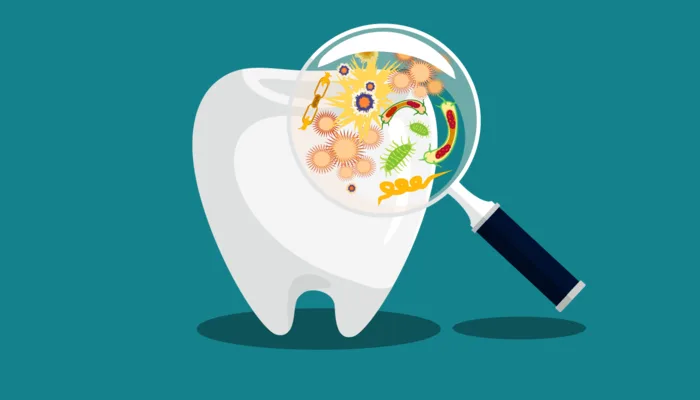
A new study by the University at Buffalo has found a strong link between diet quality and the oral microbiome in postmenopausal women. This marks the first time researchers have explored this relationship using the Healthy Eating Index 2020 (HEI-2020).
The research, published in the Journal of Nutrition, examined 1,175 women. Those with healthier diets had lower levels of harmful oral bacteria, including Streptococcus gordonii—known to cause gum disease—and Cardiobacterium species, which can lead to heart infections.
Diet Impacts Oral Bacteria
Researchers assessed the women’s diets using food frequency questionnaires. They calculated HEI-2020 scores to determine how closely their diets followed the 2020 Dietary Guidelines for Americans. These scores were then compared with the composition of bacteria in their mouths.
They found that better diet quality changed the composition of the oral microbiome, although it didn’t affect its overall diversity. However, individual components of the HEI-2020—such as vegetables, protein, dairy, and sugar—did influence both diversity and composition.
Women who consumed more vegetables and protein had more diverse oral bacteria. On the other hand, high intake of dairy and added sugar was linked to lower diversity.
Read: NEPRA Slashes Electricity Prices by Rs1.71 per Unit Across Pakistan
Diet Quality vs. Individual Nutrients
Dr. Yihua Yue, the study’s first author, explained the broader approach. “People don’t eat nutrients in isolation,” she said. “Foods interact with each other. That’s why we looked at overall diet quality rather than single foods or nutrients.”
Dr. Yue conducted this research during her doctoral studies in epidemiology at UB’s School of Public Health and Health Professions. She now serves as a postdoctoral research fellow at the Cleveland Clinic.
Link to Gum Disease and Chronic Conditions
Dr. Amy Millen, the study’s senior author, emphasized the importance of this research. She noted that oral bacteria play a key role in gum disease, which has been associated with chronic illnesses like cardiovascular disease, cancer, and age-related macular degeneration.
“Nutrition is a known risk factor for inflammatory diseases,” said Millen. “We aimed to understand whether dietary patterns contribute to gum disease through their effect on the oral microbiome.”
Although causation remains under debate, this study strengthens the argument that diet quality affects oral health, especially in aging women.
Implications for Health Guidelines
The HEI-2020 includes 13 dietary components. Yue pointed out that not all components impact oral health equally. However, their findings support recommendations to reduce added sugars and increase intake of vegetables and plant-based proteins.
“These results offer new insights,” Yue added. “They also suggest the U.S. Department of Agriculture may want to consider oral health more closely in its dietary guidelines.”
The findings hold particular value for postmenopausal women, a group already at risk of gum disease and tooth loss. The researchers recommend future studies explore this relationship in more diverse populations.
Follow us on Google News, Instagram, YouTube, Facebook, Whats App, and TikTok for latest updates















